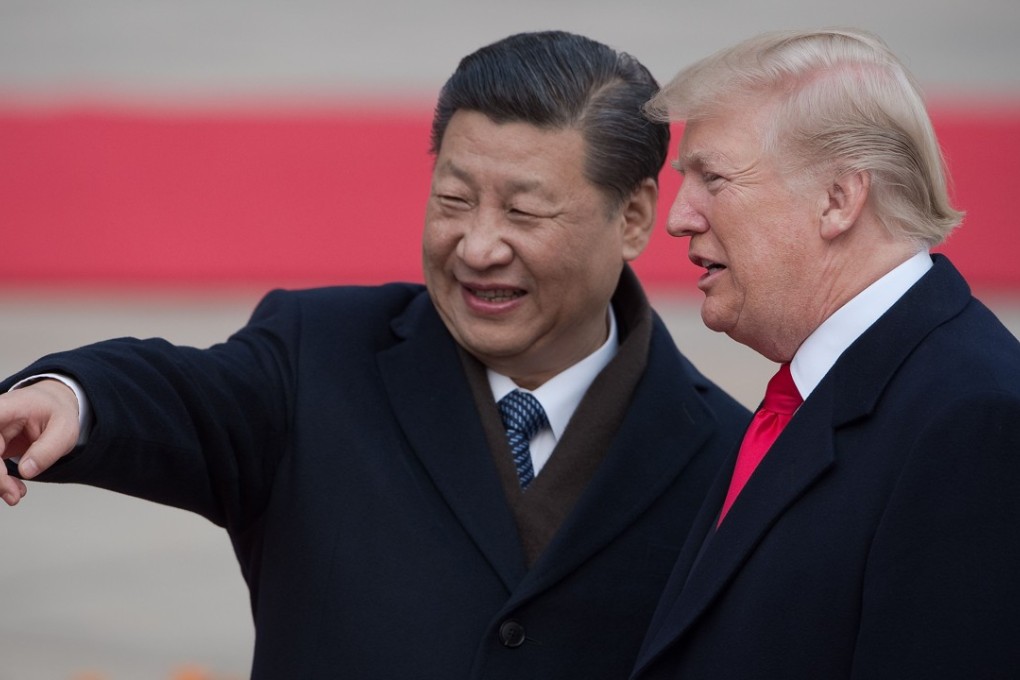Trump’s tariff policy on Chinese imports could backfire, cause global market meltdown, analysts warn
- A move to increase tariffs on Chinese imports next year could backfire by causing a global financial market meltdown, analysts warn
- Analysts hope for “ceasefire” ahead of the meeting between Donald Trump and Xi Jinping on December 1

Additional tariffs on Chinese imports into the United States could create sharp downward pressure on the yuan, destabilise emerging markets and provoke a global financial market meltdown, analysts warned.
Their warnings came after US President Donald Trump indicated on Monday that he was very likely to increase the tariff rate on US$200 billion of Chinese imports from 10 per cent to 25 per cent on January 1, as scheduled, and threatened to impose tariffs on the remaining US$267 billion not already sanctioned if sufficient progress towards resolving the trade conflict was not made at his meeting with Chinese President Xi Jinping in Buenos Aires on Saturday.
Before Trump’s comments, analysts had widely expected the two leaders to declare a “ceasefire” in their trade war, halting further tariff increases to allow for more negotiations on a bilateral trade deal.
Now, analysts do not know what to expect from the Xi-Trump summit. It is unclear whether Trump’s comments are merely a negotiating tactic or a declaration of intended action given his knowledge of the concessions the Chinese have already offered.
The worst case scenario, analysts caution, is that Trump will be disappointed with the results of his meeting with Xi and move ahead with more tariffs in an increasingly fragile global economic and financial market environment.